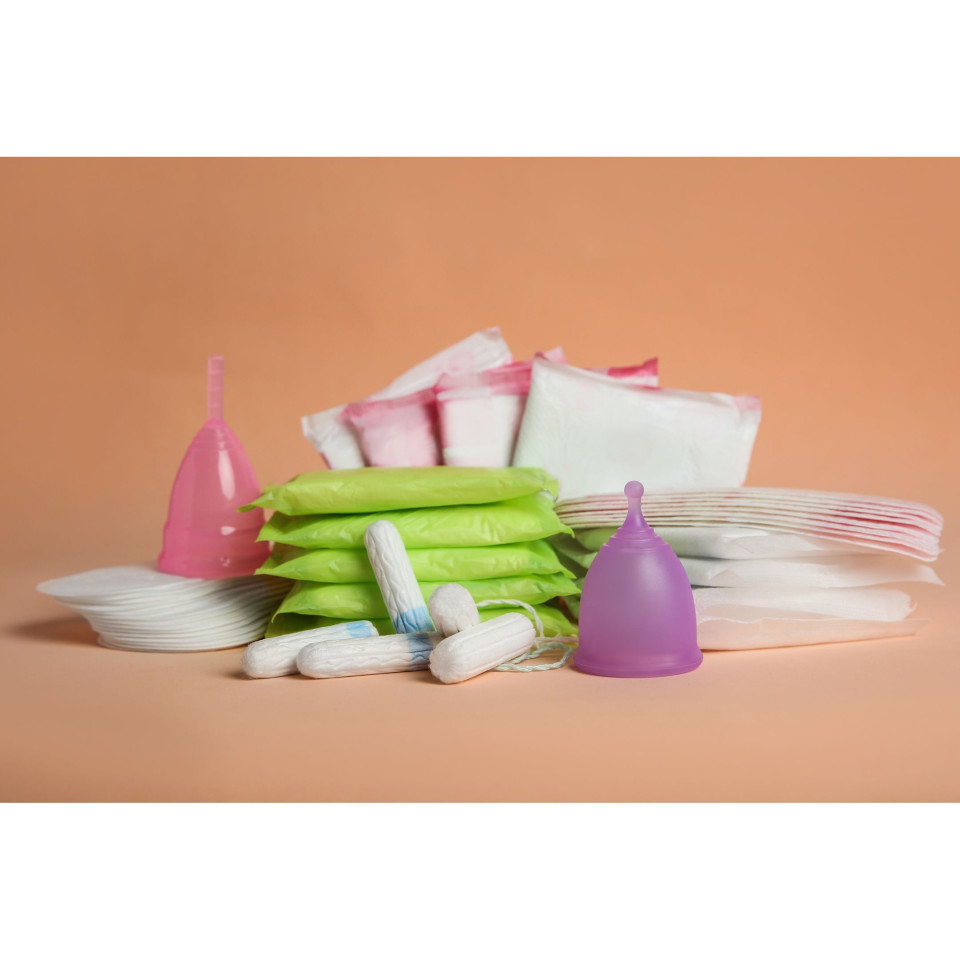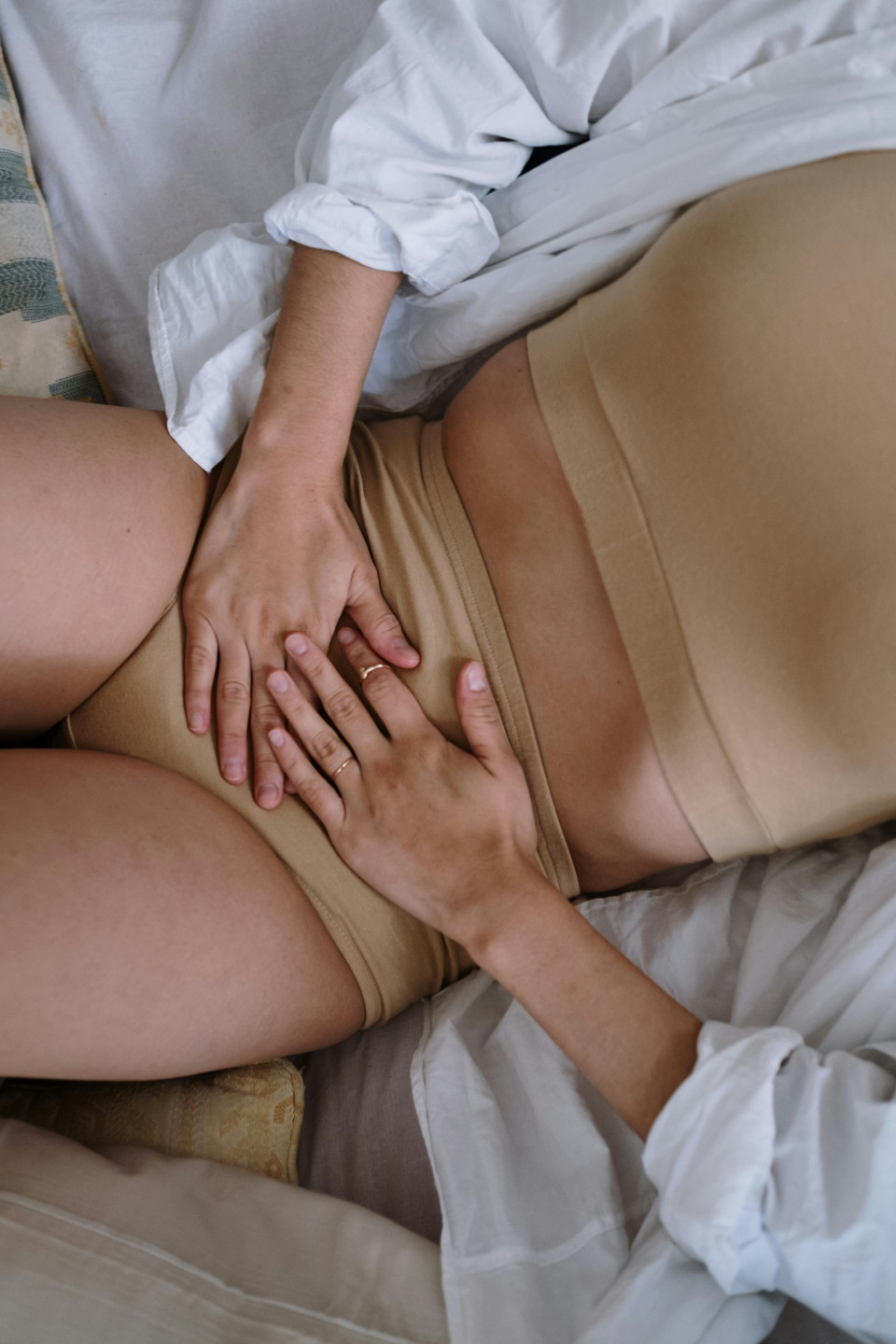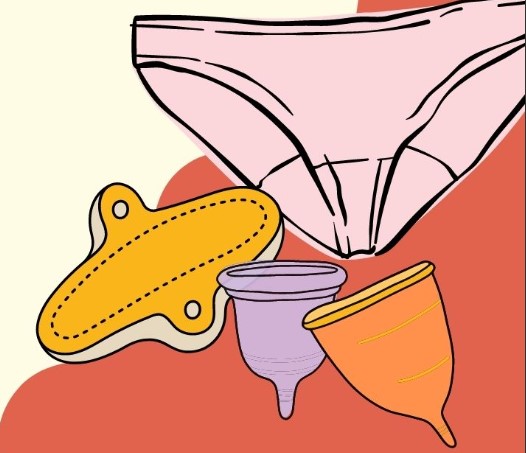Background
Menstrual cups offer a cost-effective and environmentally sustainable product for many young people. While clinical trials have shown their safety and effectiveness, no studies have investigated their performance in real-world use.
Aims
To describe the acceptability and functionality (continuation, discomforts, leakage, and adverse events) of menstrual cups and investigate the supportive role of product knowledge.
Materials and Methods
A cross-sectional online survey of 530 people aged 15–24 living in Australia who had ever used a menstrual cup, recruited via a menstrual cycle tracking application.
Results
More than half of participants (55%) were still using their first menstrual cup at the time of the survey, 16% had switched to an alternative cup, and 29% had discontinued use. In their first cycle of use, 54% of participants reported leakage and 25% reported pain or discomfort with the cup in place. Many participants (45%) reported being unable to remove the cup on their first attempt, with subsequently 17% requiring help to remove it, and 2% reported displacement of an intra-uterine device during removal. These figures decreased for subsequent cycles. Half of the participants were aware prior to using a cup that different cup models may offer a better fit for different individuals. This knowledge was associated with decreased odds of needing help to remove the cup (adjusted odds ratio 0.57, 95% CI 0.35–0.94) or discontinuing use (adjusted relative risk ratio 0.66, 95% CI 0.44–1.00).
Conclusions
Difficulties using menstrual cups are common in real-world use and higher than reported in clinical trials. Improved education provision may support more positive user experiences.


